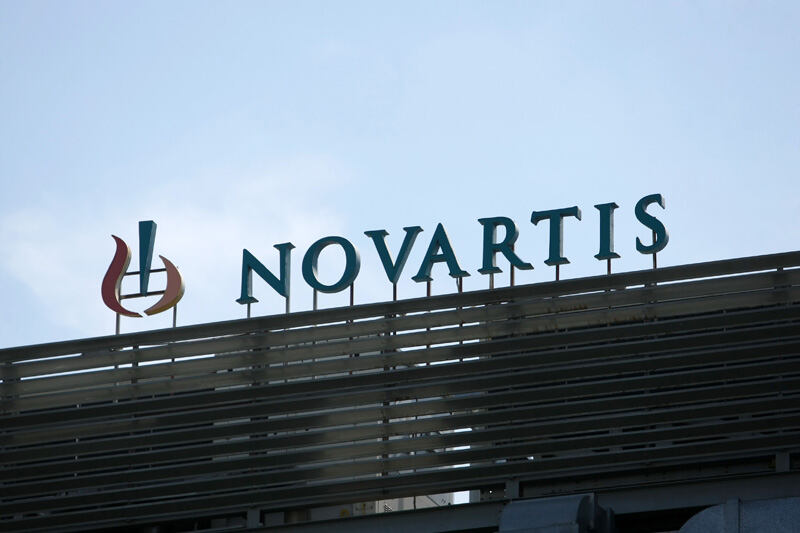Novartis has agreed to pay $678 million to resolve allegations that it systematically violated the Anti-Kickback Statute in its marketing of Lotrel, Diovan, Tekturna, Exforge, Valturna, Tekamlo, and Starlix. Prosecutors alleged the drugmaker paid for lavish meals, golfing trips, and purported professional events at Hooters to induce doctors to prescribe its cardiovascular and diabetes drugs. According to the underlying lawsuit, high-prescribing physicians received hundreds of thousands of dollars for speaking at sham professional events.

According to the former Novartis sales representative who filed the complaint, the whistleblower’s former employer paid for nearly 80,000 of these sham events between 2002 and 2011. The Department of Justice later joined the False Claims Act lawsuit to try to recover funds paid by Medicare and other government health care programs for prescriptions tainted by the defendant’s alleged misconduct. The original lawsuit was filed in 2011, and the DOJ joined as a plaintiff in 2013.
The Justice Department’s investigation revealed that Novartis’s sham informational roundtables were often held at expensive restaurants like NYC’s Eleven Madison Park and D.C.’s Charlie Palmer Steak. In reality, prosecutors claimed, the roundtables were an excuse to treat physicians to fancy meals. In many cases, doctors got paid for speaking at events that never happened.
According to Audrey Strauss (the acting U.S. Attorney for Manhattan), Novartis “spent hundreds of millions of dollars on so-called speaker programs, including speaking fees, exorbitant meals, and top-shelf alcohol that were nothing more than bribes to get doctors across the country to prescribe Novartis’s drugs.” Strauss emphasized the importance of keeping physicians free from such enticements. “Giving these cash payments and other lavish goodies interferes with the duty of doctors to choose the best treatment for their patients and increases drug costs for everyone,” she said in a statement.
The Swiss-owned company made numerous admissions as part of the settlement. In an effort to save face after a highly publicized legal process, Novartis’s CEO, Dr. Vasant Narasimhan said that the company had learned from its mistakes. “We are a different company today,” he added, “with new leadership, a stronger culture, and a more comprehensive commitment to ethics embedded at the heart of our company. . . I never want us to achieve commercial success at the expense of our values.”
Considering some of the most egregious examples of Novartis’s alleged misconduct, it is hard to believe Narasimhan’s words. For example, prosecutors found that five Pennsylvania doctors were paid for speaking at a total of 100 events in only five years. The physicians took turns being the purported speaker, receiving $1,000 in ‘speaking’ fees each time. Meanwhile, in an unidentified location, a single doctor who prescribed Novartis drugs 8,000 times allegedly received $320,000 in fees for dubious engagements.
In Long Island, a sales representative obtained fraudulent receipts from a restaurant for nonexistent dinners and paid fees to doctors misrepresented as having spoken there. According to the complaint, the same Novartis employee regularly offered gift cards to physicians to induce prescriptions. The drugmaker’s alleged kickback scheme also included fishing excursions, wine tastings, and sporting events.
Novartis’s settlement comprises $591 million in federal False Claims Act damages, $38 million in forfeiture in connection with its anti-kickback violations, and $48 million to be paid to multiple states. This was not the first time Novartis paid hundreds of millions of dollars to settle a fraud lawsuit. The company recently paid $347 million to resolve allegations that it bribed foreign officials in multiple countries.
Under the terms of a corporate integrity agreement included in the settlement, Novartis is no longer able to host speaking events at restaurants, and the amount of money it can pay doctors for making presentations has been limited.
The whistleblower will receive a multimillion-dollar award for their key role in exposing Novartis’s misconduct. Tipsters who provide original information about fraud under the False Claims Act can receive up to 30 percent of any eventual recoveries.